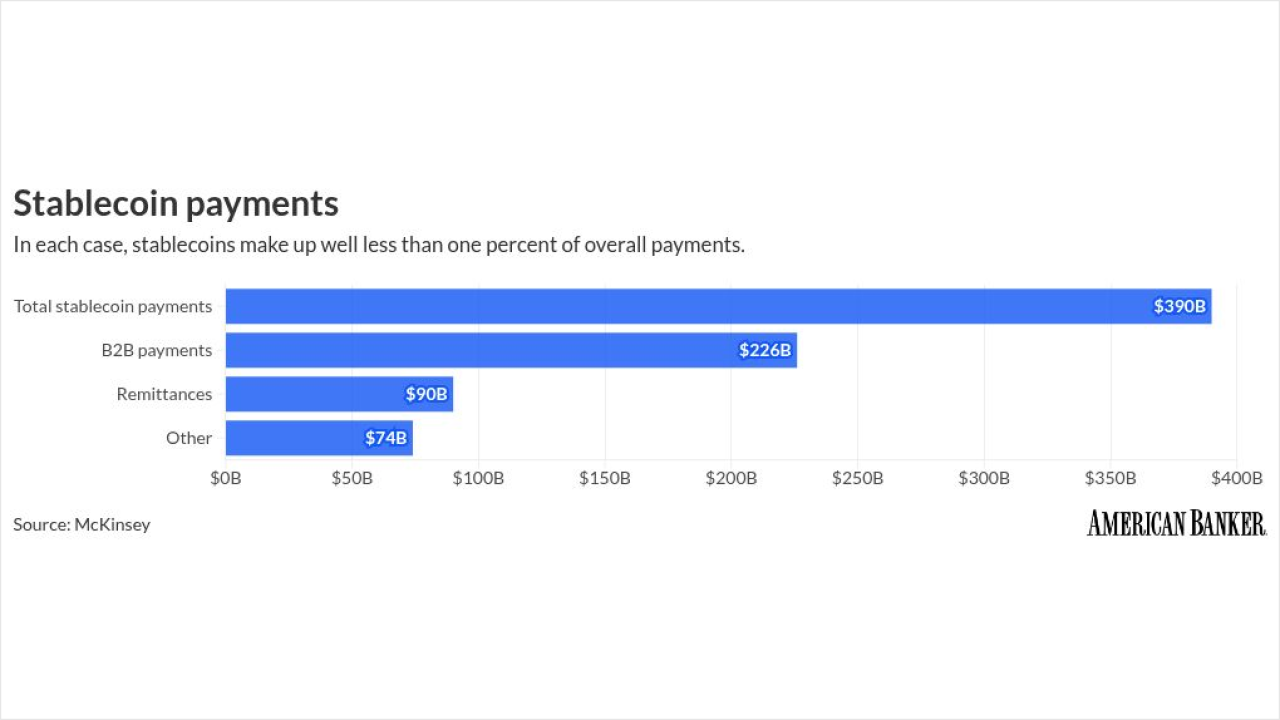WASHINGTON - Economists are continuing to trim their projections of the federal deficit for the current fiscal year as the delay in renewing funding for the Resolution Trust Corp.'s bailout of the savings and loan industry drags on.
Many economists now are forecasting a deficit in the $300 billion to $330 billion range for fiscal 1992, which ends Sept. 30, compared with earlier forecasts in the $360 billion to $400 billion range.
The pared forecasts, which are well below the Bush administration's original deficit forecast of $400 billion, come primarily because Congress has failed for the last three and a half months to pass legislation allowing the RTC to resume drawing funds from the Treasury to continue the bailout several economists said.
The economists' latest projections also come as the Office of Management and Budget prepares to release its "Mid-Session Review of the Budget" next week containing the government's latest deficit forecast.
Although the Congressional Budget Office will not officially revise its original forecast of a $368 billion deficit until mid August, Mark Desautels, a CBO spokesman, said that the RTC funding delay "is changing our deficit estimate terrifically" and will probably force the CBO to shave "tens of billions of dollars" off the old estimate.
Jim O'Sullivan, an economist with J.P. Morgan and Co., now forecasts a $310 billion deficit, after pruning his original $385 billion forecast three times since the beginning of the year, primarily due to the delays in approving added funding for the RTC.
Kathleen Stephansen, an economist with Donaldson, Lufkin & Jenrette, currently forecasts deficit in the $320 billion to $330 billion range, compared to her original forecast of $365 billion. "I'm becoming increasingly fearful that Congress won't do anything this year" to approve added funding for the RTC, she said.
The RTC funding delay, which comes as the Bush administration and some members of Congress have been trying to avoid dealing with the issue until after the election, is also having an effect on the deficit forecast for the fourth quarter of fiscal 1992, which runs from July 1 through Sept. 30.
Alan Lerner, an economist with the Bankers Trust Co., forecasts a $80 billion deficit for the fourth quarter. "That's pretty much consistent with what the market is looking for," he said, adding that a few months earlier the market was expecting a deficit of around $100 billion.
But Susan Hering, an economist with Salomon Brothers, is forecasting a fourth-quarter deficit in the $90 billion to $100 billion range, which reflects her expectation that Congress will approve more funding for the RTC before the ends of the year.
"I can't quite conceive of Congress going that long without doing something," said Ms. Hering. "They always seem to act by the end of the session. I'm not shocked by this delay."
The current RTC funding delay is also prompting economists to increase their deficit forecasts for fiscal 1993, which begins Oct. 1, because it is widely believed that whatever the RTC does not spend this year will be spent in later years, primarily next year.
Those forecasts currently range from $300 billion to $400 billion. Mr. Lerner is on the high end of that range, saying the deficit may well hit $400 billion if RTC spending resumes and the economy remains weak.
Ms. Stephansen's "preliminary" forecast for the fiscal 1993 deficit is $350 billion, which she says includes $60 billion of RTC spending. "I'm not very encouraged by next year's deficit." However, she said "one bright spot" would be if growth picks up speed, which would prompt her to lower her forecast.
On the low end, Ms. Hering forecasts a $300 billion deficit in fiscal 1993. She said her forecast, which is optimistic compared to others, is based on the assumption that the RTC will spend only $10 billion to $15 billion next year because she expects another funding delay sometime during fiscal 1993. "This thing will drag on, with more stops and starts," she cautions.
Even if Congress were to approve added funding shortly, several economists said the action would have very little effect on the 1992 deficit because the RTC would not be able to spend much of the money to liquidate failing thrifts before the fiscal year ends.
When Congress may act to renew the RTC's funding is not clear. The Senate passed a bill last spring that would provide the RTC with an additional $18 billion. However, the House rejected a similar measure in April when the RTC's spending authority expired.





